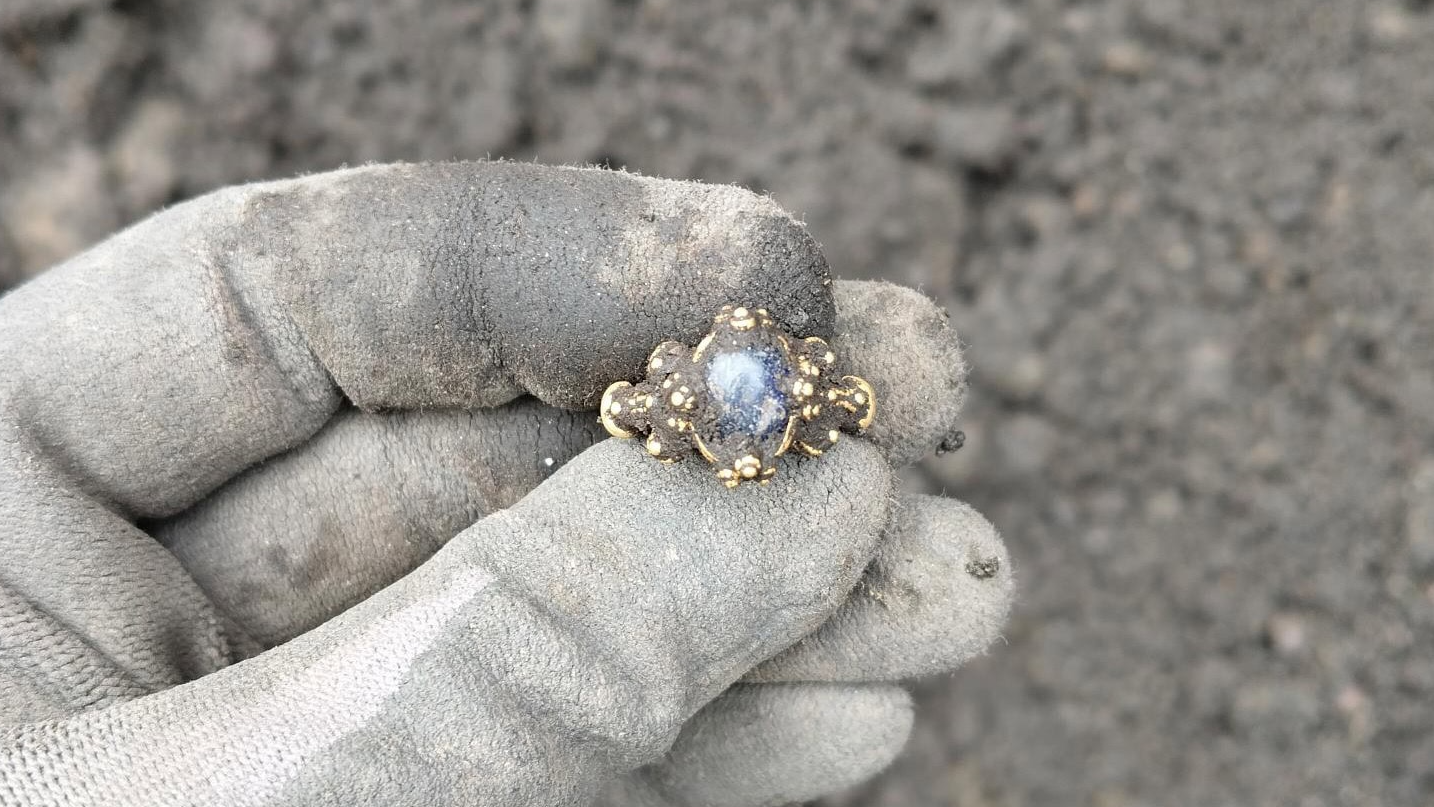Study: Why We Get Sleepy

Get the world’s most fascinating discoveries delivered straight to your inbox.
You are now subscribed
Your newsletter sign-up was successful
Want to add more newsletters?

Delivered Daily
Daily Newsletter
Sign up for the latest discoveries, groundbreaking research and fascinating breakthroughs that impact you and the wider world direct to your inbox.

Once a week
Life's Little Mysteries
Feed your curiosity with an exclusive mystery every week, solved with science and delivered direct to your inbox before it's seen anywhere else.

Once a week
How It Works
Sign up to our free science & technology newsletter for your weekly fix of fascinating articles, quick quizzes, amazing images, and more

Delivered daily
Space.com Newsletter
Breaking space news, the latest updates on rocket launches, skywatching events and more!

Once a month
Watch This Space
Sign up to our monthly entertainment newsletter to keep up with all our coverage of the latest sci-fi and space movies, tv shows, games and books.

Once a week
Night Sky This Week
Discover this week's must-see night sky events, moon phases, and stunning astrophotos. Sign up for our skywatching newsletter and explore the universe with us!
Join the club
Get full access to premium articles, exclusive features and a growing list of member rewards.
Scientists know we need sleep, but they don't know exactly why, and they've been pretty clueless about how the brain decides when to sleep.
Some of the mystery has been put to rest. A new study of mice finds that brain cells called astrocytes fuel the urge to sleep by releasing adenosine, a chemical known to have sleep-inducing effects that can be inhibited by caffeine.
The longer a person or animal is awake, the stronger the urge to sleep becomes. This is known as sleep pressure. Prior studies pointed to adenosine as a trigger for sleep pressure. The chemical accumulates in the brain during waking hours, eventually helping to stimulate the unique patterns of brain activity that occur during sleep.
The new study found "adenosine from astrocytes clearly regulates sleep pressure," said study team member Michael Halassa of Tufts University School of Medicine in Boston.
It is the first time a non-neuronal cell in the brain has been shown to influence behavior, Halassa said. Unlike neurons, astrocytes do not fire electrical spikes, and they are often thought of as simply support cells.
"This research could lead to better drugs for inducing sleep when it is needed, and for staving off sleep when it is dangerous," said Merrill Mitler of the National Institute of Neurological Disorders and Stroke, part of the federally funded National Institutes of Health.
The research is detailed today in the journal Neuron.
Get the world’s most fascinating discoveries delivered straight to your inbox.
The scientists flipped a genetic switch in the mice to block the release of adenosine and other chemicals from astrocytes. The researchers then deprived the mice of sleep for short periods, and evaluated them with behavioral tests and by recording brain activity.
Mice subjected to the genetic blockade exhibited less sleep pressure than control mice. Following sleep deprivation, they did not need as much compensatory sleep, and during the early phases of sleep , they had patterns of brain activity consistent with low sleep pressure.
Further studies of the newfound sleep mechanism in mice could help reveal why people need sleep at all, the scientists said.
- 5 Things You Must Know About Sleep
- How Long Can a Person Survive Without Sleep?
- Sleep News and Information
 Live Science Plus
Live Science Plus











